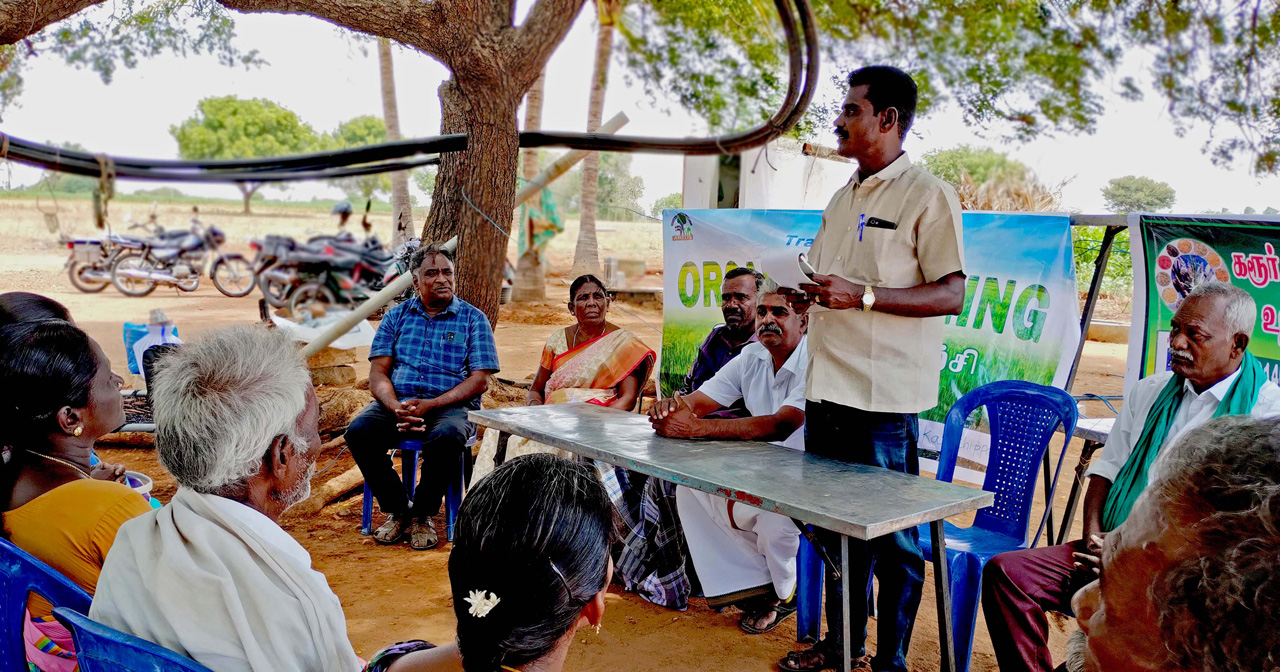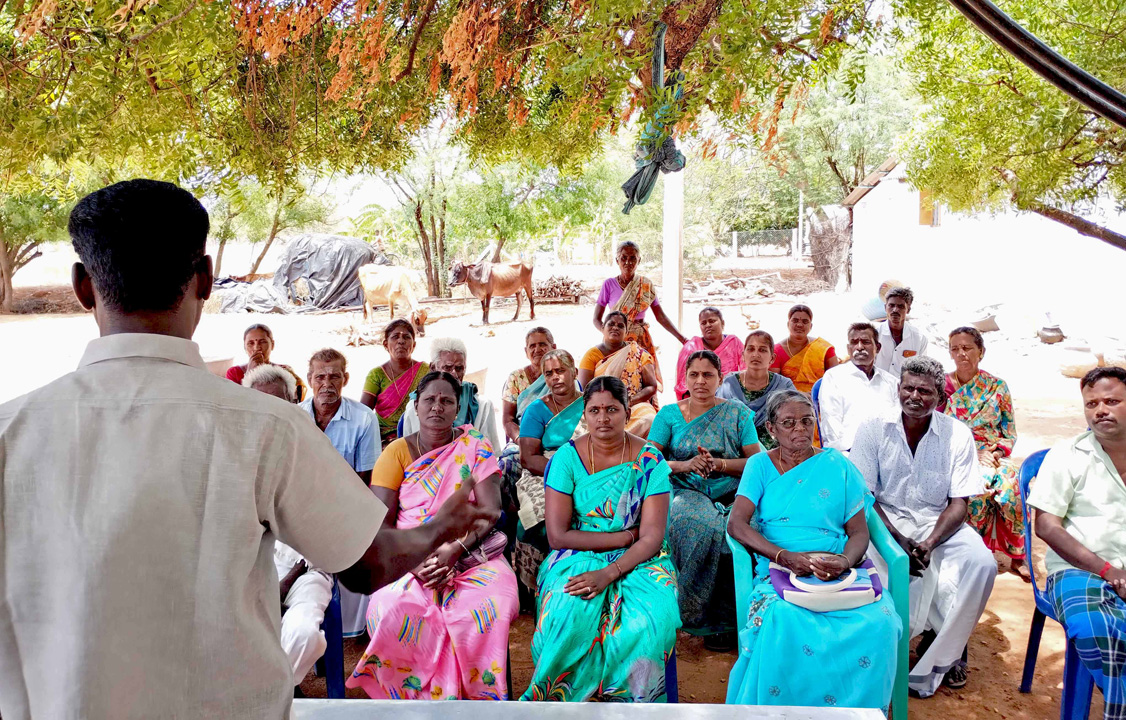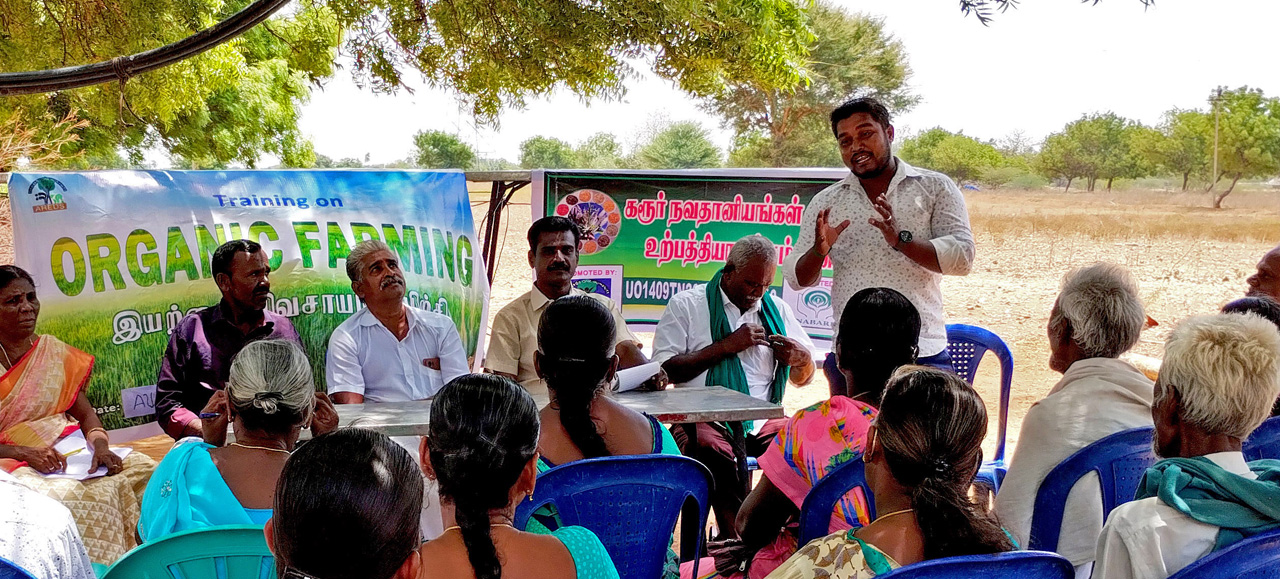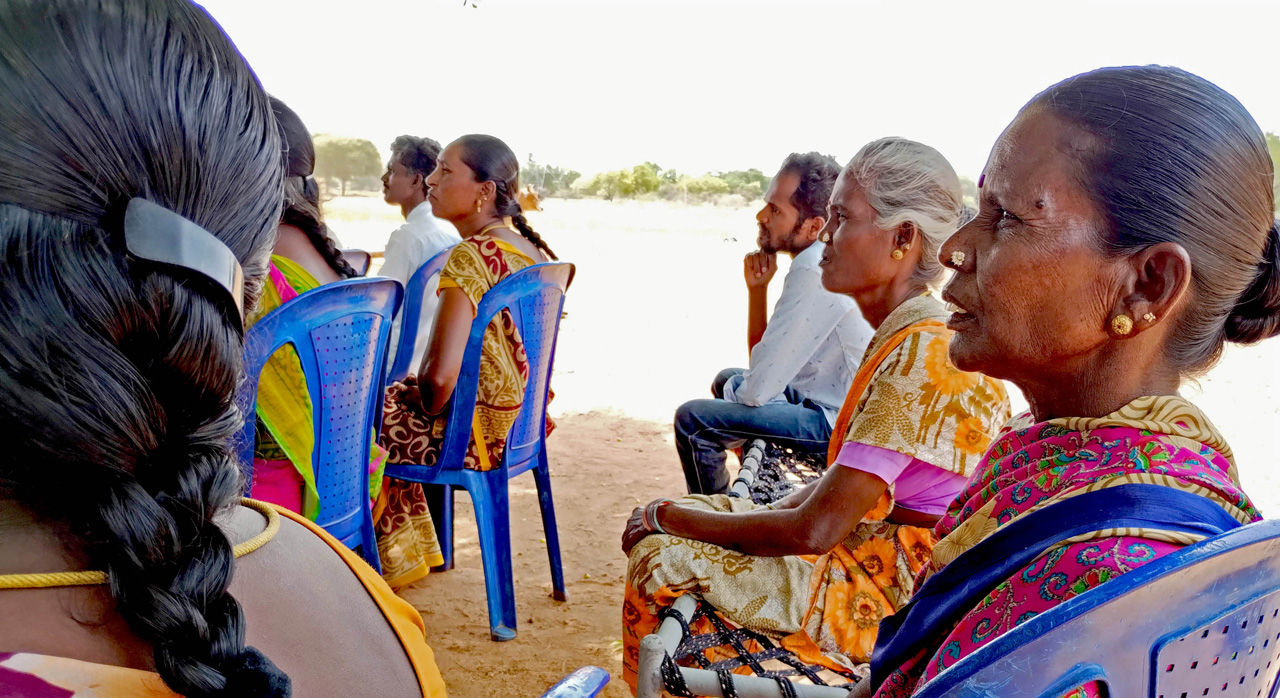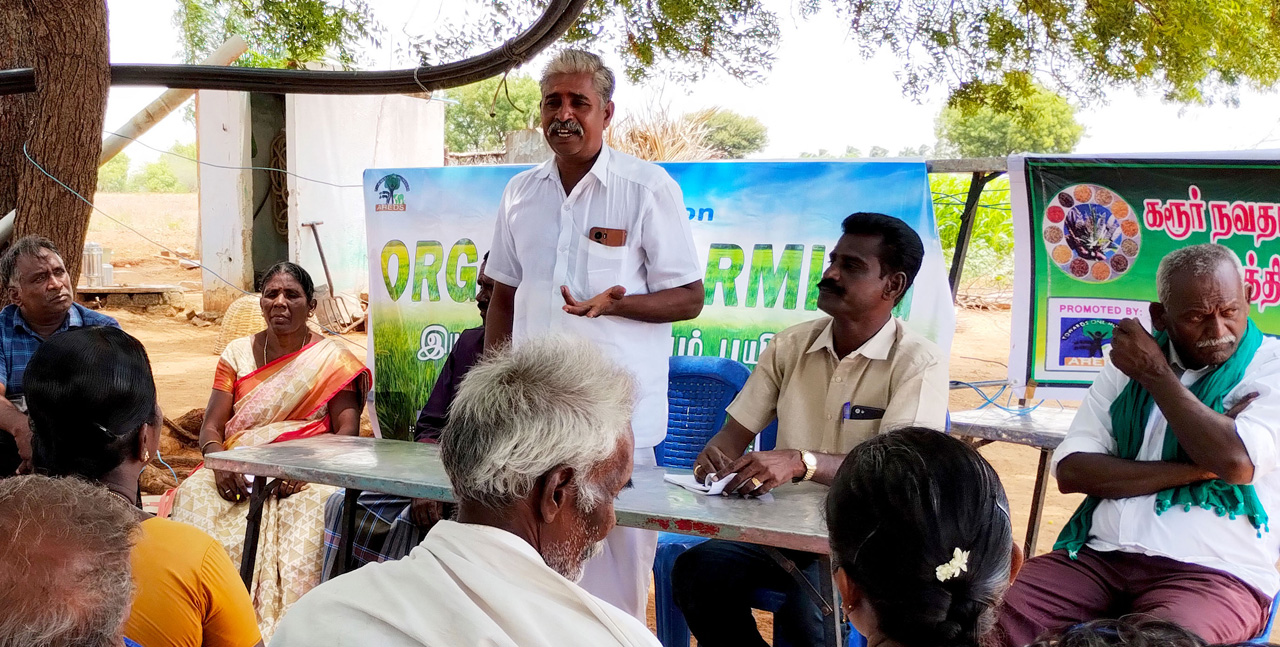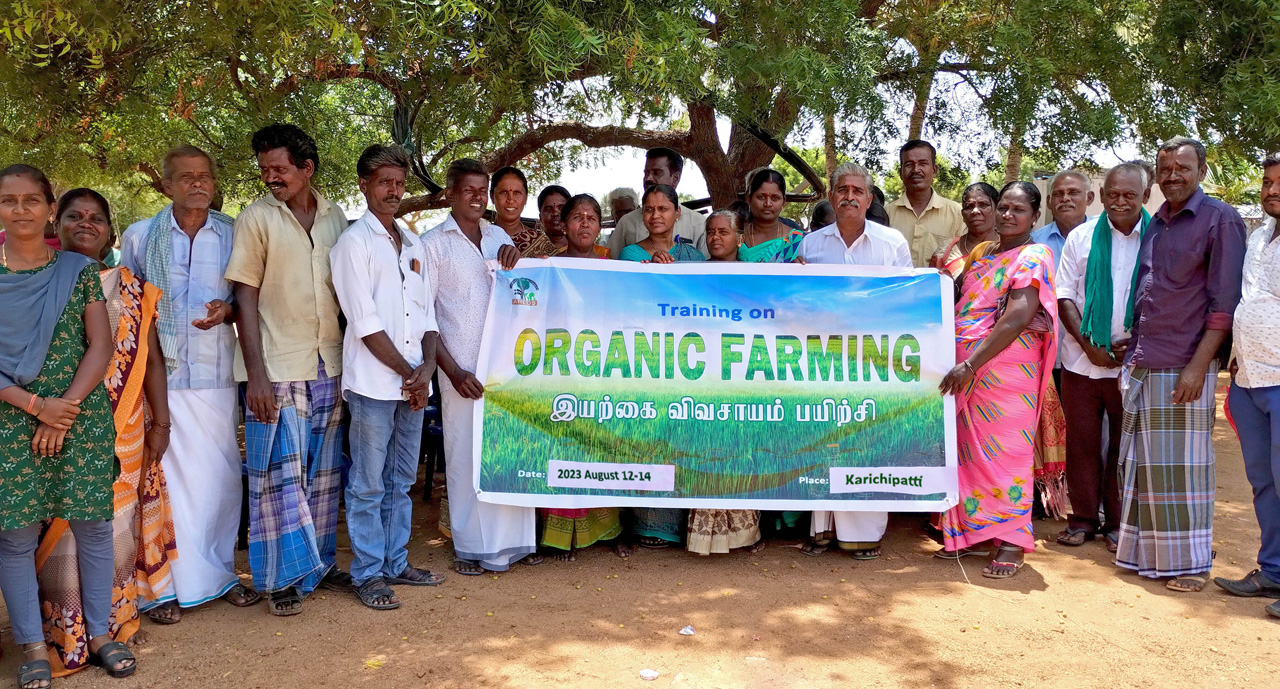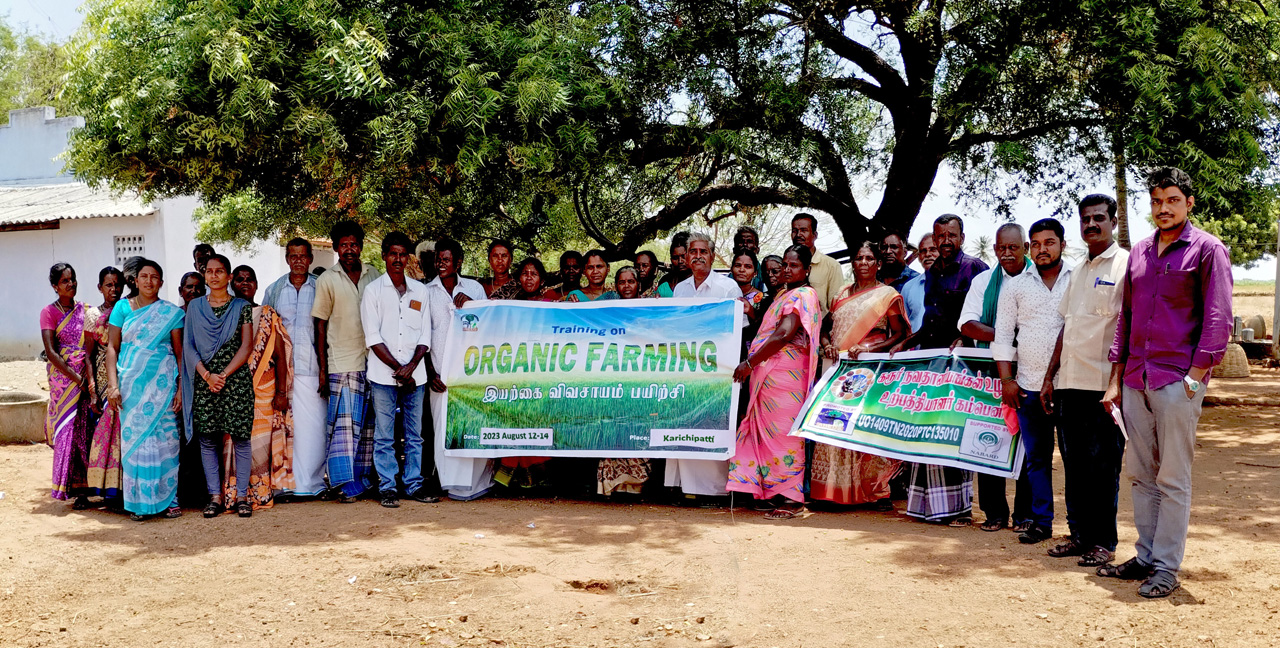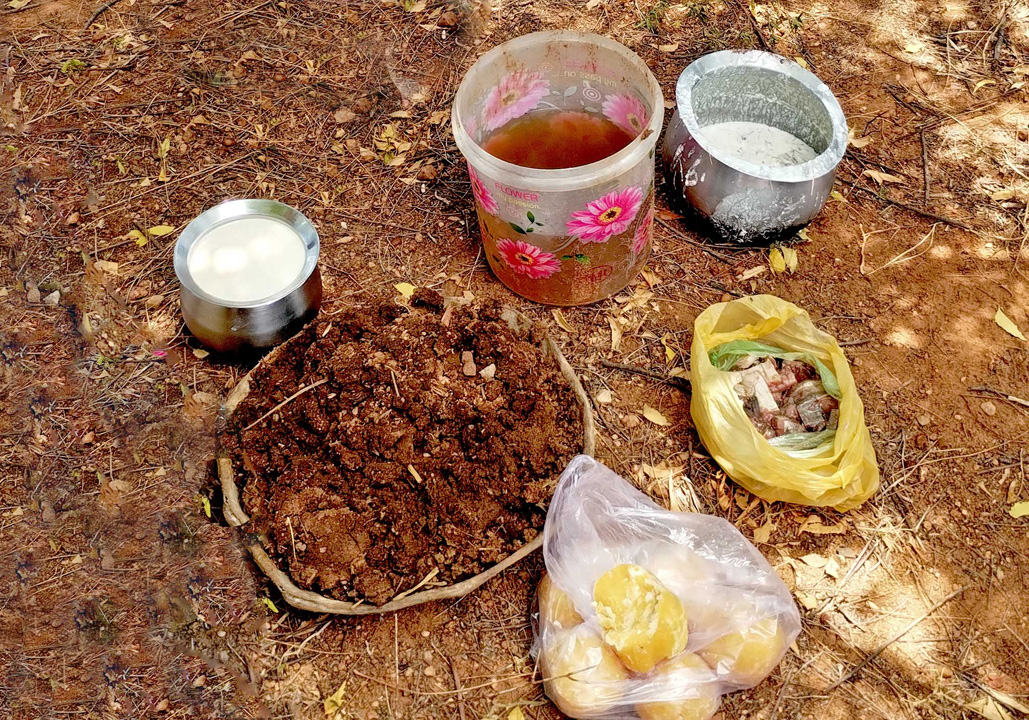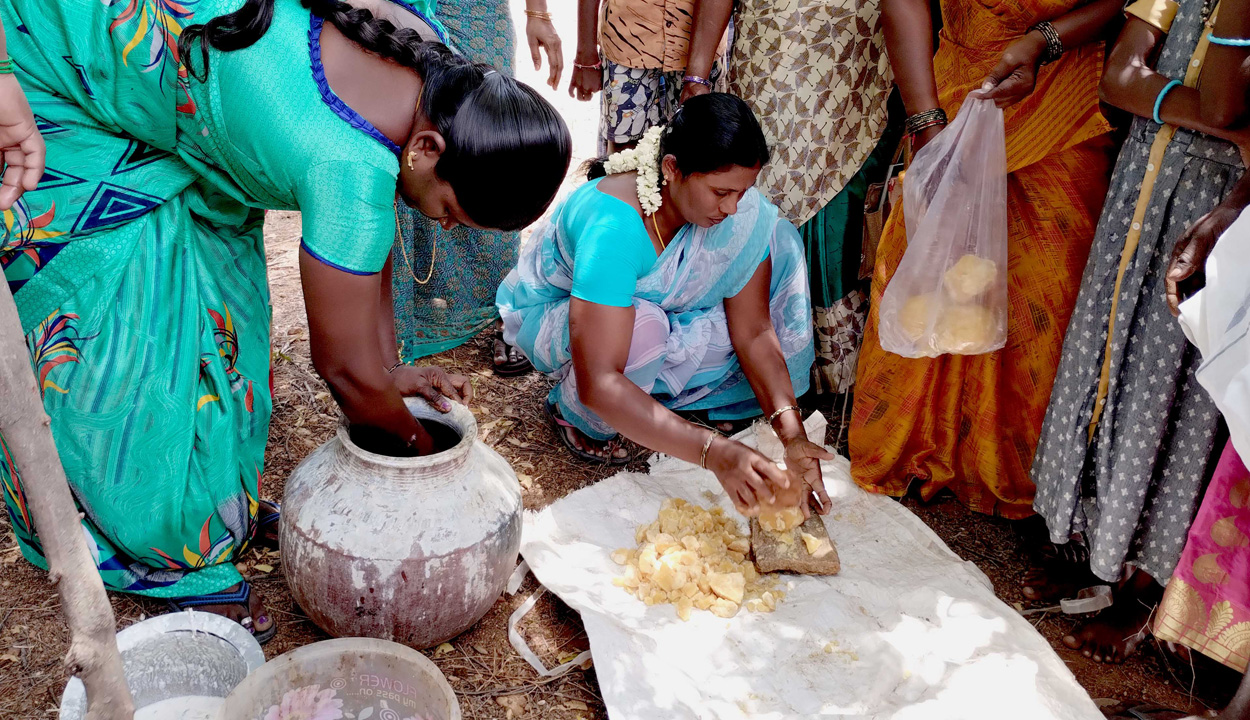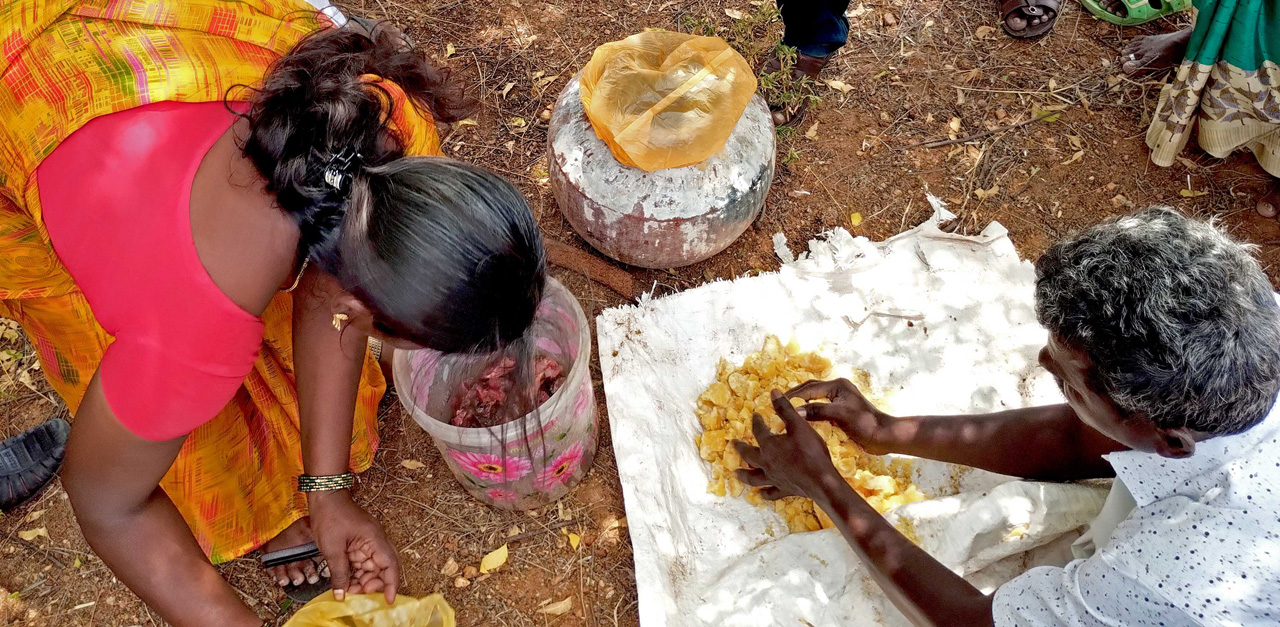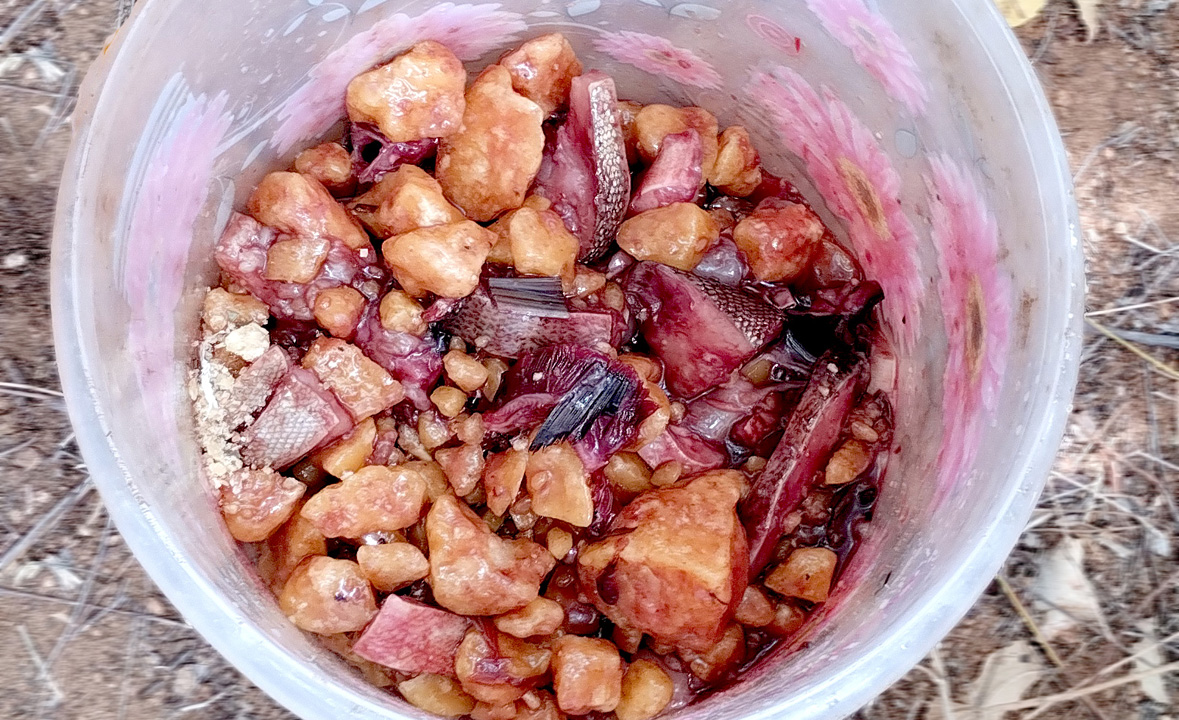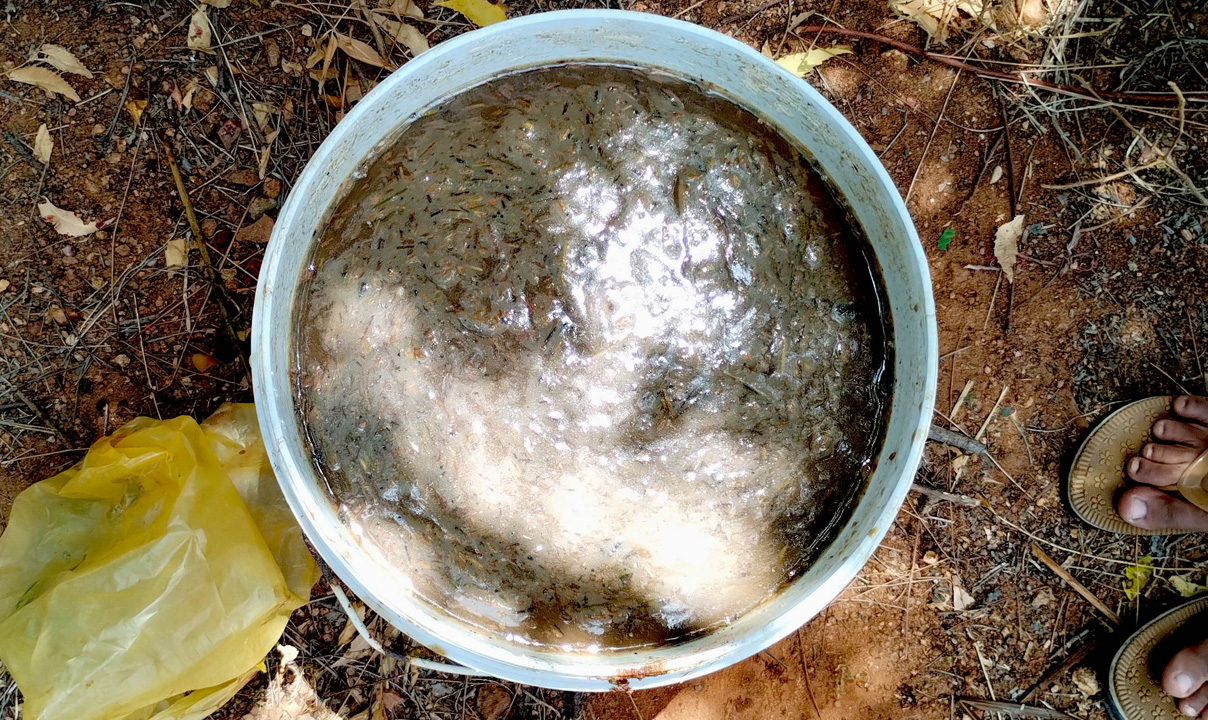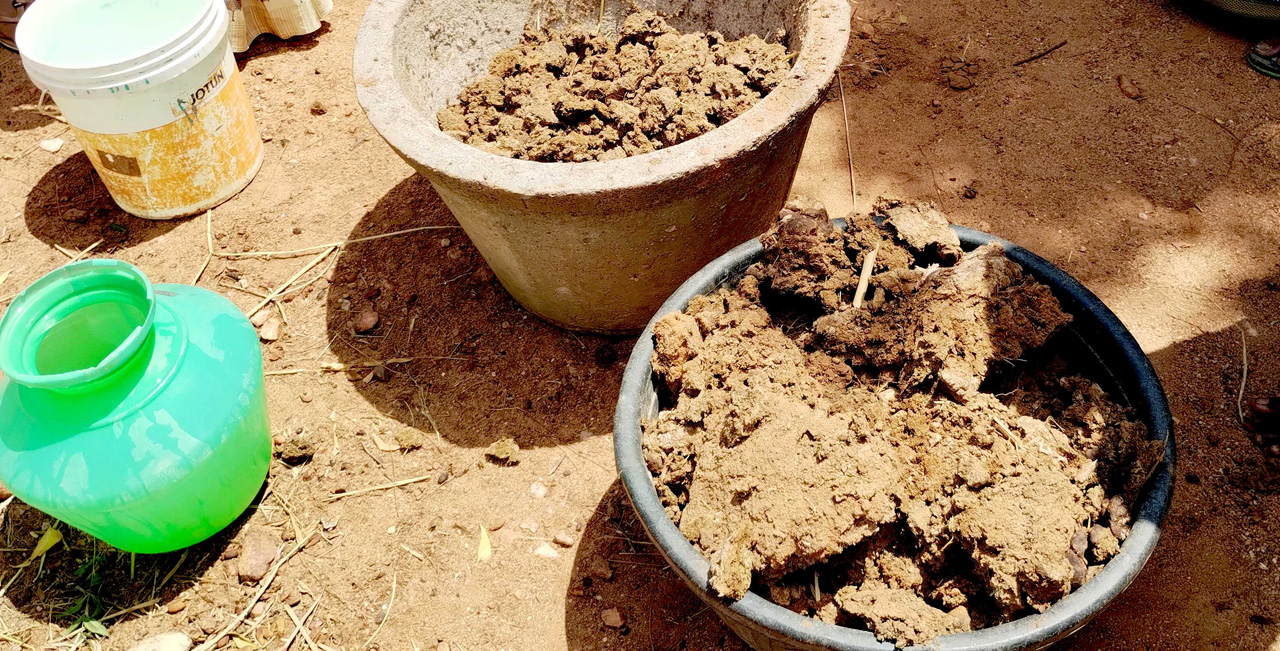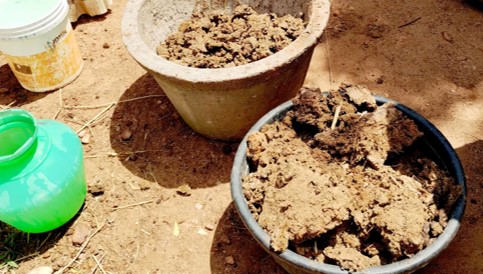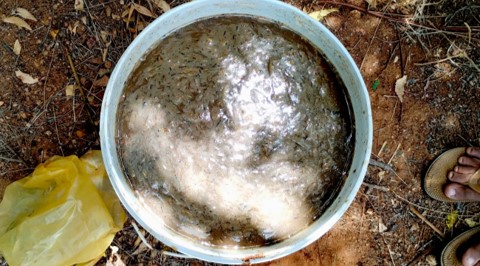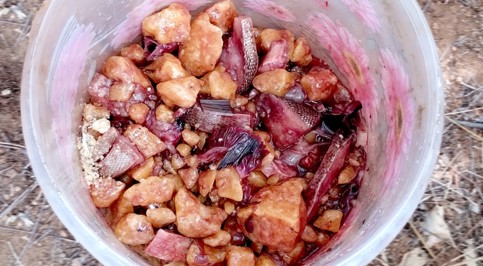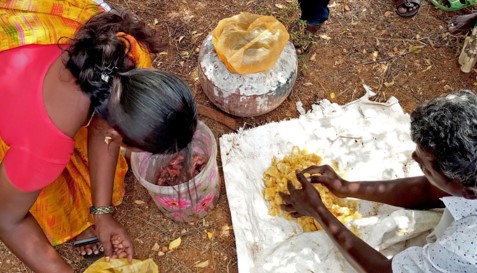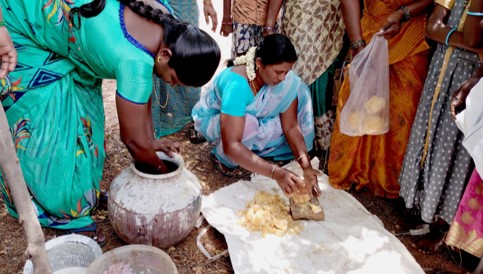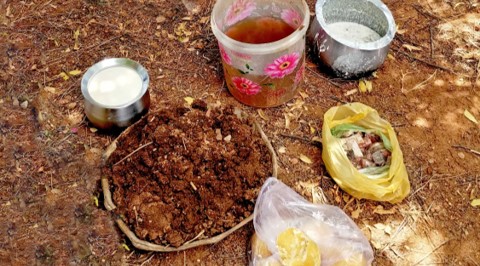“Heavy metals such as Mercury, Lead, Cadmium and Uranium have been found in fertilizers, which can cause disturbances in the kidneys, lungs and liver and cause cancer” – (WHO,1990)
Organic farming is a production system which avoids or largely excludes the use of synthetically compounded fertilizers, pesticides, growth regulators, genetically modified organisms etc. It uses ecologically based pest controls and biological fertilizers derived largely from animal and plant wastes to maintain soil productivity, to supply plant nutrients and to control insect, weeds and other pests. Use of massive inputs of chemical fertilizers and toxic pesticides poisons the land and water heavily. The after-effects of this are severe environmental consequences, including loss of soil nutrients, decrease in soil fertility, surface and ground water contamination and loss of genetic diversity. It ultimately results as unhealthy human society.
Organic methods can increase sustainable farm productivity, repair decades of environmental damage and enables distribution networks and improved food security. It reduces human and animal health hazards by reducing the level of residues in the product. Organic farming is one way to promote self-sufficiency and food security.
From August 12 to 14, 2023 AREDS conducted a three day training programme, supported by WSM, on organic farming at Karichampatti village. The purpose of this training is to promote traditional organic farming methods among farmers especially the younger generations and to create a healthy new generation.
Around 35 farmers from Karur Navathaniyangal FPO and some local residents participated in it. Organic farming practitioner and trainer Mr. Dharmaraj, with his holistic way of approach, educated and trained the participants both theoretically and practically. He gave insight about the negative consequences made by inorganic farming methods on ecology and human health and also explained the importance and growing necessity of organic farming.
Mr. Dharmaraj demonstrated the preparation of following pesticides and fertilizers.
- (Promoting growth and providing immunity in plant system )
- Agriculture Fish Oil. (Contact Insecticide)
- Vericompost
- Amirtha Karaisal. (microorganisms promoter)
- Two types of organic Pesticides and Repellents.
- Weeds eradication methods. (Alternative to Herbicides)
He interacted with farmers regarding the crops locally cultivated and their farming methods. He heard their grievances and doubts on farming and gave solutions and ideas accordingly. At the end of the training farmers gave their word that they use organic methods and inputs as much as possible they can and also prepare organic fertilizers and pesticides either individual or group as they were taught.
This three day training programme was headed by one of the directors of Karur Navathaniyangal FPO, Mr. Ponnusamy and Coordinated by Project coordinator Mr. Senthil Kumar. The entire programme was facilitated by AREDS staff Mr. Anandhan, Mr. Parthiban, Ms. Anthoniyammal and Ms. Ilavarasi.

